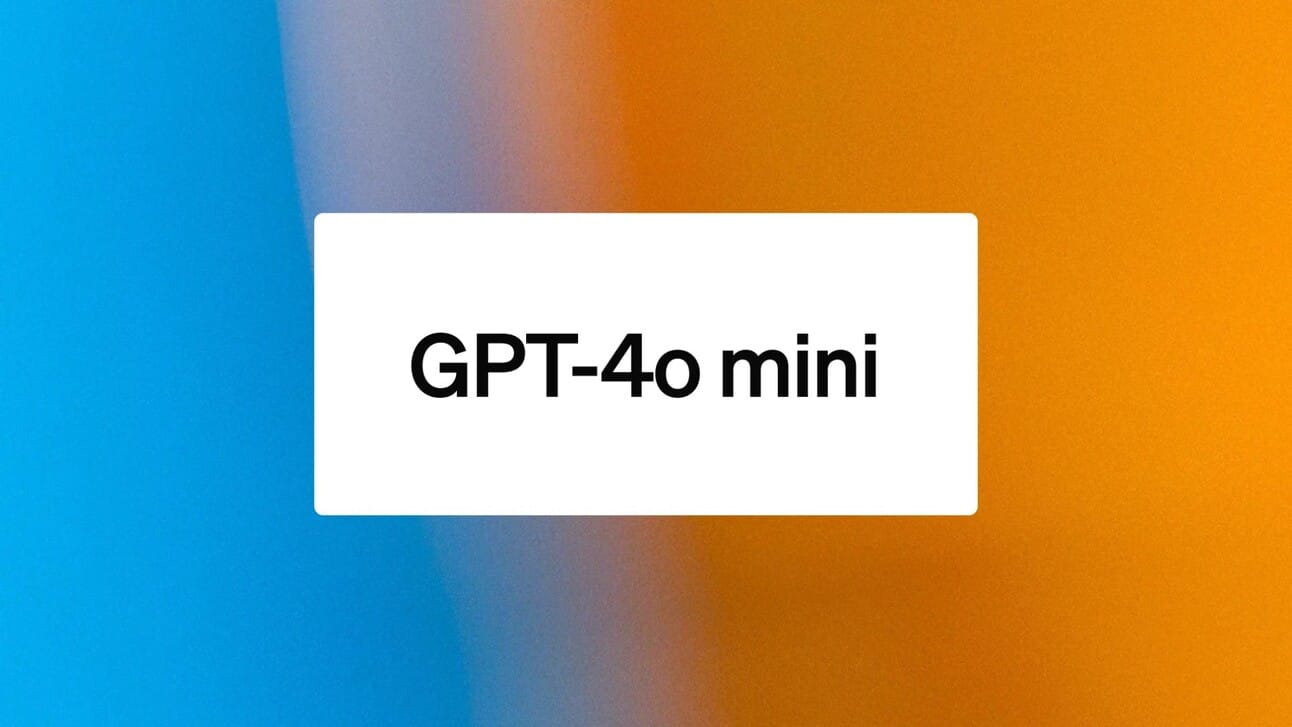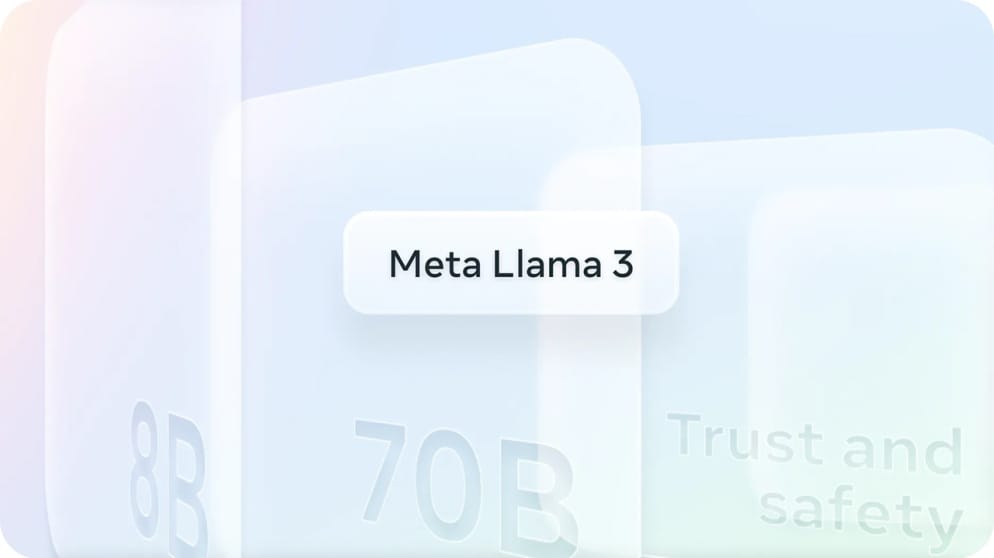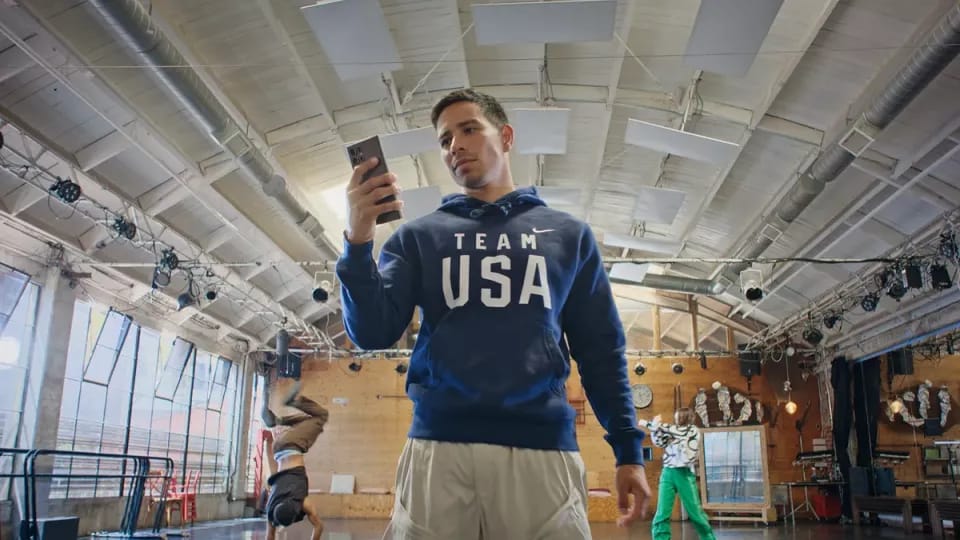- AI Weekly Insights
- Posts
- AI Weekly Insights #38
AI Weekly Insights #38
Mini Models, Ethical Dilemmas, Regulatory Challenges, and AI-Enhanced Olympics
Happy Sunday,
Dive into the fascinating world of AI with "AI Weekly Insights #38". From breakthrough tech to the latest trends, let's unravel these insights together! This week, we’re discussing groundbreaking small models, ethical dilemmas in data scraping, Meta's regulatory challenges, and AI-powered sports coverage in the Olympics.
Let’s get into the insights!
The Insights
For the Week of 07/14/24 - 07/20/24 (P.S. Click the story’s title for more information 😊):
What’s New: OpenAI has announced GPT-4o mini, their most affordable small model (replacing GPT-3.5 Turbo). It promises significantly lower pricing and high performance.
GPT-4o Mini: The new model is designed for a variety of tasks thanks to its low cost and quick response time. It supports text and vision, with future plans for image, video, and audio. It can handle a large amount of data at once and excels in reasoning, math, and coding.
Why It Matters: The introduction of GPT-4o mini represents another step forward in making AI technology more accessible and affordable. This model reduces costs dramatically, expanding the range of applications that can leverage AI. The enhanced performance and built-in safety measures are equally important. With reinforcement learning from human feedback and new techniques to resist prompt injections and jailbreaks, this new model could set a new standard for reliable and secure AI.

Image Credits: OpenAI
What's New: A recent investigation by Proof News, in collaboration with Wired, has unveiled that more than 170,000 YouTube videos were used to train AI systems without permission.
Scraping Scandal: The dataset, dubbed “YouTube Subtitles,” includes subtitles from over 48,000 channels and was utilized by major tech companies like Apple, Anthropic, and Nvidia. Prominent creators such as Mr. Beast and Marques Brownlee, as well as major news outlets like ABC News, the BBC, and The New York Times, have their content included in this dataset.
Why It Matters: This revelation highlights a growing issue in the AI community: the use of unapproved data for training AI models. While AI development relies heavily on vast datasets, the ethics and legality of such practices are under scrutiny. Transparency about data sources is crucial. But what can be done about this? The reality is that you can't "untrain" a model from the data it has already ingested. This situation is likely to become a legal matter, much like the ongoing lawsuits against OpenAI by The New York Times and other news outlets. View the full investigation here.
What's New: Meta announced it won't be launching its upcoming multimodal AI model, Llama 3, in the European Union due to regulatory concerns.
Regulatory Tensions: Meta's spokesperson, Kate McLaughlin, cited the unpredictable nature of the European regulatory environment as the reason for this move. The EU recently finalized compliance deadlines for its new AI Act, covering areas like copyright and transparency. A larger, text-only version of the Llama 3 model will still be accessible to EU customers.
Why It Matters: Meta is not alone in its regulatory struggles. Apple recently indicated that it might exclude the EU from its Apple Intelligence rollout due to the Digital Markets Act. These decisions underscore the growing friction between tech giants and regulatory bodies. Regulatory hurdles can hinder innovation but are necessary from the perspective of consumer protection, as seen with the GDPR. As the EU continues to shape the AI landscape, the reactions from major tech firms will be critical to watch.

Image Credits: Meta
What's New: Google has entered into a partnership with Team USA and NBCUniversal to provide dynamic and engaging ways to experience the events using Google’s AI technology.
AI Coverage: NBCUniversal will utilize Google Search’s AI Overviews through a segment called “Explain the Games,” which will help viewers understand various aspects of the Olympics with a single search. Users will also be able to receive daily, personalized recaps of games using an AI voice of sportscaster Al Michaels.
Why It Matters: This partnership signifies a significant step in integrating AI technology with large-scale events, making the Olympic experience more personalized and interactive. For viewers, this means a more engaging connection, from understanding nuances with AI Overviews to exploring Olympic venues in 3D. Beyond the immediate impact on Olympic coverage, this move sets a precedent for future AI applications. It hints at a future where AI seamlessly integrates with our daily media consumption, offering personalized content and insights. This could revolutionize how we interact with sports and entertainment, making it more immersive.

Image Credits: NBCUniversal
Your enthusiasm and curiosity drive our exploration through AI's rapidly evolving landscape. I look forward to your insights, questions, and assistance in spreading our discoveries with the AI community.
Until next Sunday, keep exploring and stay engaged!
Warm regards,
- Kharee